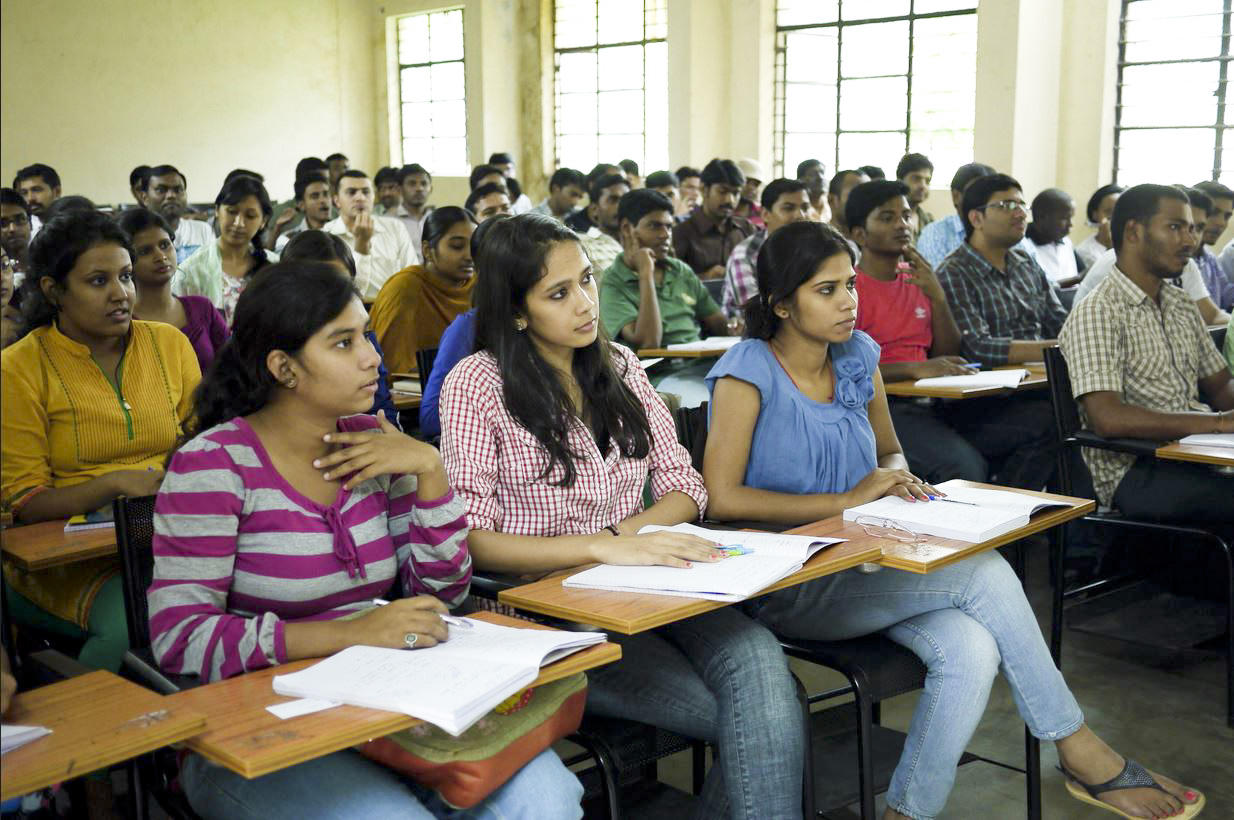Gone are the days where one’s educational qualification could land them a steady, well-paying job. According to the Report on the Fifth Annual Employment-Unemployment Survey 2015-16, a positive correlation was seen between unemployment rates and increased levels of education among the youth in India. The survey also suggested that graduates could not find work in accordance with their educational experience and salary expectations. Such statistics point to the need for evaluating the requirements of the Indian job market – which indicate an increasing preference for tech-driven skill sets. To meet the demands of a dynamic and competitive job-market, upskilling has become critical for freshers to gain entry-level jobs.
Internships and government-mandated apprenticeship schemes have a pivotal role to play in skill building, and improving employability of job-seekers. According to the India Skills Report 2020, about 85% of the candidates surveyed sought internships for gaining work experience and acquiring new skills, and 94% believed that apprenticeship opportunities improved their employability to a great extent.
While the prospects of such opportunities seem encouraging, they may not always have a catalytic effect on enhancing the overall employability quotient of job seekers. Effective training, exposure, balanced workload, and the presence of a conducive learning environment are crucial for reaping the benefits of such opportunities.
However, due to the absence of a uniform regulatory mechanism that mandates industry-centric training for interns, the quality of learning for incoming candidates is not as promising . Evidence from a study conducted by two post-doctoral candidates in Tamil Nadu, corroborates such facts; undergraduate engineering students surveyed complained about the lack of adequate exposure due to the limited duration of their internship, and also expressed reservations regarding the workload and inflexible timings.
As far as apprenticeships are concerned, there is a minor fraction of organisations that have registered for the scheme. There is also limited awareness about the policy among job-seekers. Additionally, implementation bottlenecks of apprenticeship policies continue to produce sluggish outcomes for all stakeholders involved.
The lack of exposure and hands-on learning through work opportunities deters the ability of graduates to enhance their employability quotient. When internships and apprenticeship opportunities do not prove useful, what should job-seekers rely on to gain employment?
The Role of Mentorship
Developing a government mandated mentorship system, would be an effective method to help job-seekers deal with road blocks at early stages in their career. While job-seekers must do a majority of the heavy lifting, there is a need to formulate a systemic guidance mechanism that helps them navigate through the ups and downs of their careers, in a comprehensive manner.
According to a Springboard survey, 87.9% of the respondents felt that effective mentorship has had a catalytic effect on their career. Additionally, 79% of millennials feel that mentorship plays a critical role in enabling a successful career, and employees part of a Gartner study shared similar views.
Roping in industry professionals and institutional faculty for the purpose of mentorship, will help candidates gain a holistic perspective about the job-market. To begin with, candidates could utilise mentorship sessions to identify personal lacunae, and also assess which work opportunities they can target to maximise their learning, improve and gain relevant experience.
Secondly, mentors could advise students to prioritise and focus on skill sets that could give them a competitive edge while applying for jobs. The India Skills Report 2021, outlined the need for developing more tech-driven skill sets among its labour force; mentors could advise students to choose skilling programs that are popular among recruiters on a priority basis. This would further help students in their decision making process about which skills to pick and prioritise.
Comprehensive guidance about internship selection and skill building will help candidates make an informed choice about their career trajectory. As per the India Skills Report 2020, 40% of the students felt that they lacked clarity about their career decisions owing to information ambiguity and overload. Clarity about career choice can also help candidates gauge if they ought to make a career switch; direction provided by mentors could help make this transition smoother.
Incorporating Mentorship in Education Policy
The National Education Policy (NEP) 2020, developed under the able leadership of Dr. Kasturirangan, could serve as a pivot to formulate a full-fledged mentorship system for Higher Education Institutions (HEIs).
The NEP 2020 calls for the formulation of an Institution Development Plan (IDP) to promote holistic growth and learning for students. Expanding the ambit of this plan to facilitate mentorship- HEIs could be directed to devise a system which demarcates the method of mentoring, and responsibilities for industry professionals, and institutional faculty towards students.
The following measures could be adopted for implementing the policy:
- Begin with consultation: To develop a comprehensive mentorship mechanism, an extensive consultation process that gauges the requirements of students, faculty and job-providers should be a starting point. A Central Ad-hoc committee could be instituted for implementing the consultation process; the committee would be responsible to coordinate with state governments to assess requirements of local HEIs, students and industry professionals. This would help spur momentum from all fronts rather than relying on a single actor to fulfil their end of the bargain. The outcome of such a process could further help in identifying what each stakeholder’s role would be as far as mentorship is concerned.
- Demarcate role of Institutions: Each institute could form a cohort of students allotted to faculty members and industry professionals (who act as faculty and industry mentors respectively) to enable efficient and constructive career-centric discussions. HEIs that lack the wherewithal to develop such a framework independently should be given the opportunity to work with the government and leaders from various sectors to devise an operational system. Additionally, for students from socio-economically disadvantaged groups, the respective institution should also incorporate high quality support centres (as specified in NEP 2020) to guide students in tandem with faculty and industry mentors.
- Specify role of job-providers: As part of the policy’s efforts to boost industry-academic linkages, each university, depending on their domain of specialisation, could be provided a list of local corporate partners for collaborations. The role of the corporate partners with respect to mentorship should be based on an amicable understanding between HEIs and chosen professionals (industry mentors). Respective professionals/industry mentors can engage with students and faculty during cohort based interactions to help students attain clarity.
In sum, the harrowing status of employability in the country is a case in point to realise why India needs a mentorship system. While upskilling and gaining relevant work experience is important, there is a requirement of a systemic thrust that helps candidates navigate their career paths. Mentorship needs to become an integral component of policy making, and the NEP 2020 presents a window of opportunity to do just that.
Read more: India’s Impending Energy Crisis
Post Disclaimer
The opinions expressed in this essay are those of the authors. They do not purport to reflect the opinions or views of CCS.





